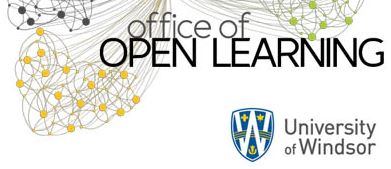
Title
Statistical Discourse Analysis: Knowledge creation during online discussions
Document Type
Contribution to Book
Publication Date
6-2014
Publication Title
Knowledge creation in education
First Page
97
Abstract
To statistically model large data sets of sequences of knowledge processes during asynchronous, online forums, we must address analytic difficulties involving the whole data set (missing data, nested data, and the tree structure of online messages), dependent variables (multiple, infrequent, discrete outcomes and similar adjacent messages), and explanatory variables (sequences, indirect effects, false-positives, and robustness). Statistical discourse analysis (SDA) addresses all of these issues, as shown in an analysis of 1,330 asynchronous messages written by 17 students during a 13-week online educational technology course. The results showed how attributes at multiple levels (individual and message) affected knowledge creation processes. Men were more likely than women to theorize. Asynchronous messages created a micro-time context; opinions and asking about purpose preceded new information; and anecdotes, opinions, different opinions, elaborating ideas, and asking about purpose or information preceded theorizing. These results show how informal thinking precedes formal thinking and how social metacognition affects knowledge creation.
Last Page
112

Comments
The original publication is available at www.springerlink.com
http://link.springer.com/chapter/10.1007%2F978-981-287-047-6_6